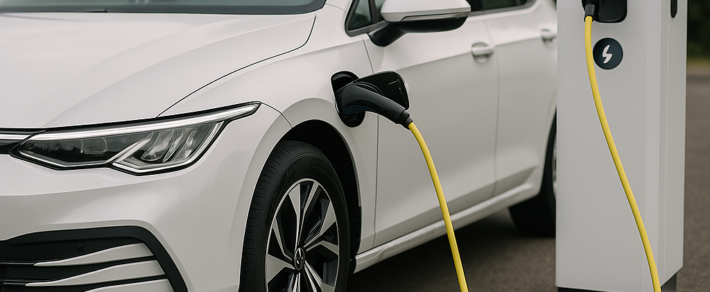Introduction: Electric Vehicles, Consider Their Drawbacks
While electric vehicles (EVs) represent a significant leap forward in sustainable transportation, it’s important to acknowledge that they come with certain drawbacks and limitations. One notable disadvantage is the limited range compared to traditional gasoline-powered cars. Many EVs require frequent recharging on long journeys, which can be inconvenient given the current scarcity of charging stations in some areas. Additionally, the time it takes to charge an electric vehicle is considerably longer than filling up a gas tank. Even with fast-charging technology, drivers may need to wait for a substantial period before their car is ready to go again—a factor that can disrupt travel plans and daily schedules. Moreover, the upfront cost of purchasing an electric vehicle tends to be higher than that of conventional cars. Although owners may save money over time through reduced fuel costs and maintenance expenses, the initial financial investment can be a barrier for many consumers. Another consideration is the environmental impact associated with battery production and disposal. The manufacturing process for lithium-ion batteries involves mining practices that can be harmful to ecosystems, while disposing of used batteries presents its own set of environmental challenges. Finally, not all regions have fully embraced infrastructure support for EVs. This includes not only charging stations but also trained technicians for maintenance issues unique to electric vehicles. Without widespread support systems in place, potential buyers might hesitate due to concerns about reliability and convenience. Overall, while electric vehicles promise numerous benefits such as reduced emissions and lower operating costs over time, potential buyers should weigh these advantages against current limitations when deciding on their next vehicle purchase.
The Cost Factor: Are Electric Vehicles Really Cheaper in the Long Run?
When considering the purchase of a new vehicle, it’s important to look beyond the initial sticker price and evaluate the long-term financial implications. While electric vehicles (EVs) might have a higher initial cost compared to traditional gasoline-powered cars, this upfront investment often results in substantial savings over time. To begin with, electric vehicles are considerably cheaper to operate on a day-to-day basis. They run on electricity rather than gasoline, which can significantly reduce fuel costs. With fluctuating gas prices often leading to unpredictable expenses for conventional car owners, EV drivers benefit from the more stable and affordable pricing of electricity. Furthermore, maintenance expenses for EVs are typically lower than those for gas cars. Electric vehicles have fewer moving parts; they lack components like oil filters and exhaust systems that require regular servicing or replacement in traditional vehicles. This means fewer trips to the mechanic and less money spent on routine upkeep. In addition, many regions offer tax incentives and rebates for purchasing electric cars, effectively lowering their overall cost of ownership. Such financial benefits contribute further to making EVs a highly attractive option when considering long-term savings. Therefore, while the initial cost may seem daunting at first glance, investing in an electric vehicle can be financially savvy when you consider reduced fuel expenses, lower maintenance costs, and potential tax advantages over the lifespan of the vehicle.
Range Anxiety: How Far Can You Really Go with an Electric Vehicle?
When considering the shift to electric vehicles (EVs), one of the foremost concerns for potential buyers is the driving range, or how far an EV can travel on a single charge. While it’s true that early models of electric cars were often plagued by limited travel distances, advancements in battery technology have significantly improved this aspect. Today, many modern EVs boast ranges that are more than sufficient for daily commutes and typical errands. However, planning long trips in an electric vehicle requires some forethought due to charging infrastructure and time considerations. The perceived range limitations are steadily being addressed with a rapidly expanding network of fast-charging stations across countries, making long-distance travel increasingly viable and convenient for EV drivers. Moreover, manufacturers are investing heavily in research and development to enhance battery efficiency further, promising even longer ranges in newer models. In addition to technological improvements and infrastructure growth, there is also a compelling environmental advantage to consider. Electric vehicles produce zero emissions at the tailpipe and contribute significantly less pollution over their lifetimes compared to traditional internal combustion engine vehicles. This makes them not only a practical choice but also an environmentally responsible one. Ultimately, while range anxiety was once a significant barrier to EV adoption, it is gradually becoming less of an issue as technology evolves and supportive infrastructures develop. As consumers become more informed about these advancements and experience firsthand the benefits of driving electric—such as reduced fuel costs and lower maintenance expenses—the appeal of EVs continues to grow substantially.
Stop by and visit us at McKinney Motor Company to see how we can help you maintain or repair your vehicle in the best way possible. Call us or visit – McKinney Motor Company Albuquerque




